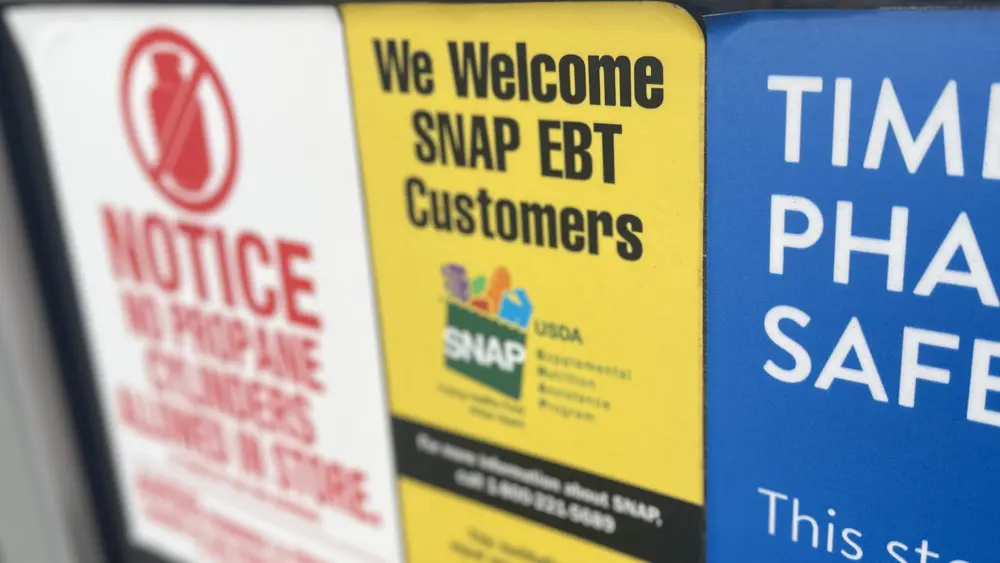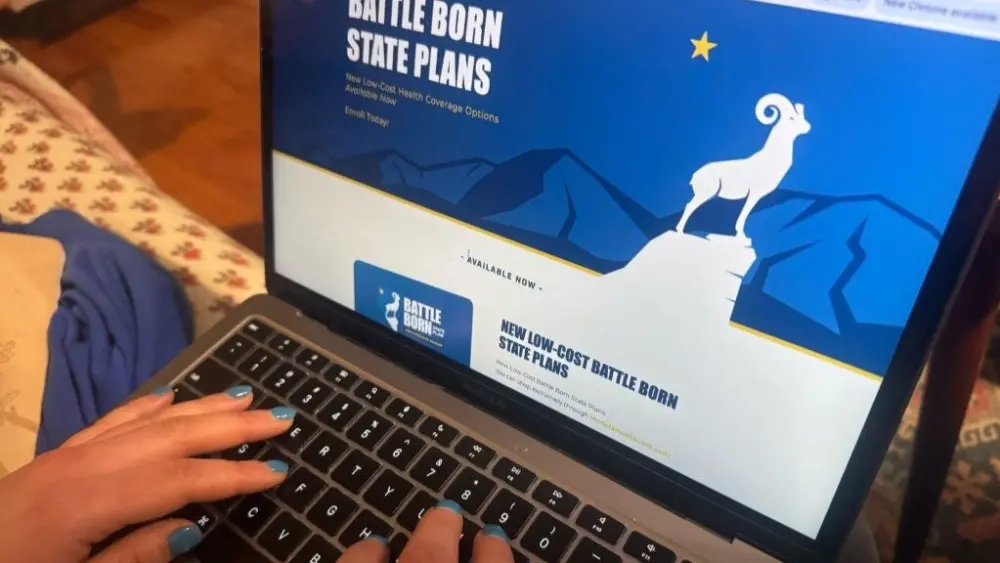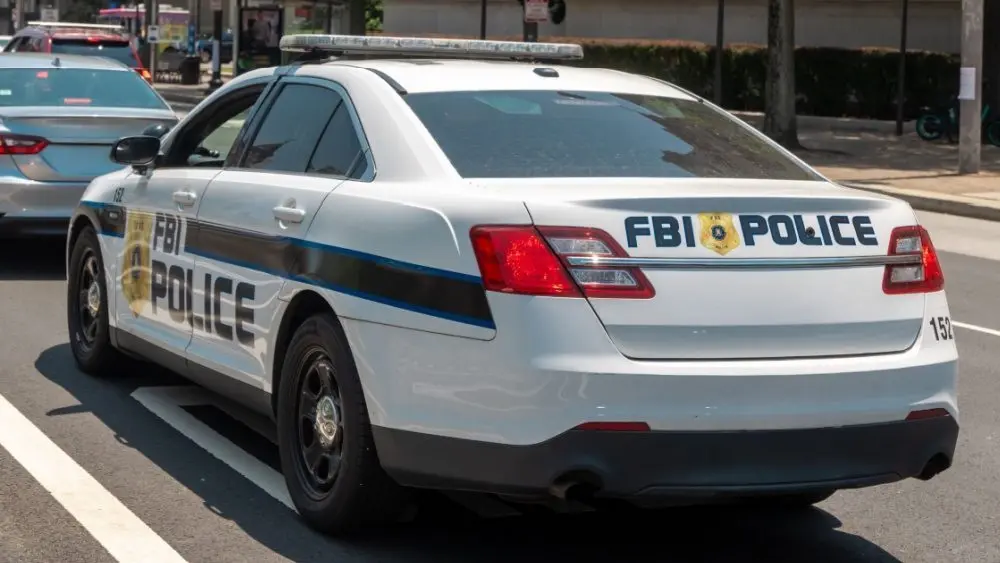WASHINGTON, D.C. – Moving passengers and cargo through the air is heavily regulated and significantly ties efficiency to expense.
“As currently postured,” says U.S. Rep. Brad Knott, R-N.C., “the FAA does control lot of these processes. We’re stuck in the 1950s.”
Knott has authored and filed the Aviation Supply Chain Safety and Security Digitization Act of 2025. In America’s near-ubiquitous internet access age featuring mainstream of artificial intelligence and prevailing digital economy, the Federal Aviation Administration has control in a supply chain still reliant on paper documents.
“You have so many processes it becomes its own worst enemy,” Knott told The Center Square in a telephone interview from Washington on Friday morning. “The approval forms are so plentiful they become stifling.”
Rep. Hillary Scholten, D-Mich., is enjoined in the battle to digitize.
“I’m very fortunate to have early bipartisan support, and industry support,” Knott said. “One of things we were focused on was picking a good partner. Hillary Scholten is a pragmatic member. On its face, it’s an easy sale. It’s an antiquated system, with processes that affect the public and private sector.”
Scholten said, in a release from Knott’s office, “If we trust computers to fly planes, we can trust them to store critical paperwork. It is beyond time for the FAA to transition to digital documentation – a change that prevents counterfeit parts in the supply chain and keeps us all safe. I am proud to be leading this straightforward, commonsense, and bipartisan legislation and look forward to getting it passed.”
Knott says the resistance anticipated is two-fold. One is resistance to change, particularly in the FAA, and the other is “the difficulties in getting anything from the House to the Senate and on to the president’s desk.”
Knott, a former federal prosecutor, said he’s naturally opposed to government inefficiencies. He recognizes inherit burdens on a functioning government and the economy. At the outset of his freshman year in Congress, he saw regulatory issues impacting Raleigh-Durham International Airport via the Environmental Protection Agency.
So, he got busy. Taxpayers, such as the estimated 2.6 million to 2.9 million airline passengers a day in the United States, will get their eye test in efficiencies and costs.
Knott says the legislation attacks what is regulated and how it is regulated.
“Aviation is among the most regulated industries, and some would say appropriately so given catastrophic effects of failure,” Knott said. “When you have leading companies working with a government agency, using the Dewey Decimal System to catalogue and comply, that hurts everybody. It stifles innovation, implementation of new technologies, ability of carriers to move travelers and cargo efficiently.”
While it’s not quite a library system, Knott says “we all benefit” when there’s cost efficiency.
In a joint statement released by Knott’s office, Robert Sumwalt and John Porcari say the bill is good for the industry. They are cochairmen of the Aviation Supply Chain Integrity Coalition, with Sumwalt a former chairman of the National Transportation Safety Board and Porcari the former deputy secretary of the U.S. Department of Transportation.
They said, “The Aviation Supply Chain Integrity Coalition welcomes efforts to identify barriers to digital documentation, verification, and traceability in the aviation industry. The Coalition has worked since its inception to address such barriers through voluntary industry actions, and we appreciate the work of Reps. Knott and Scholten to strengthen the integrity of the aviation supply chain.”





